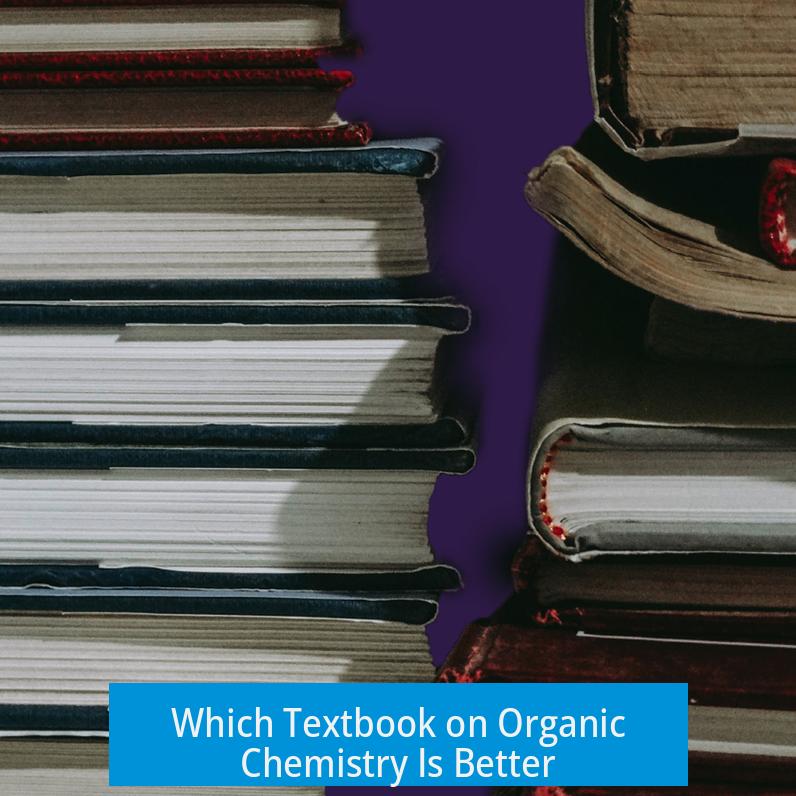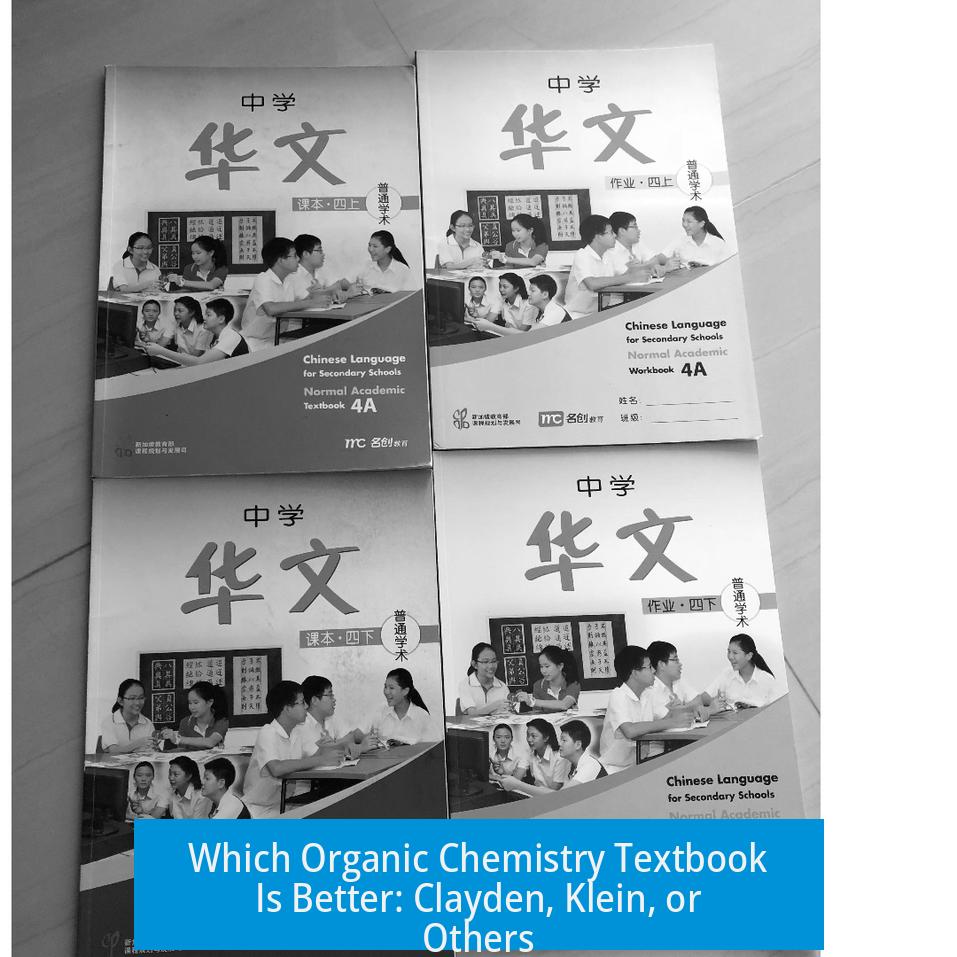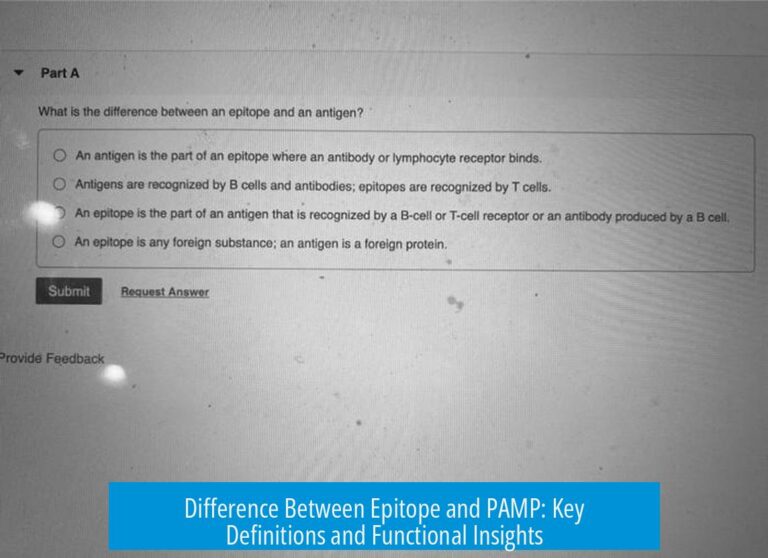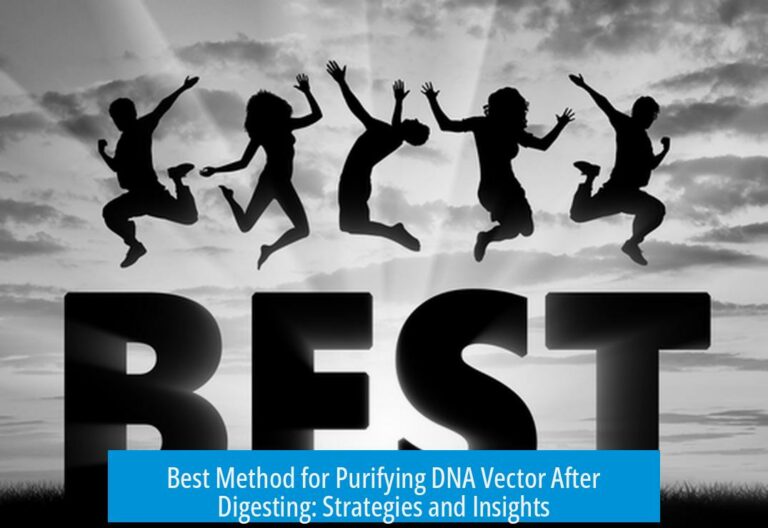Which Textbook on Organic Chemistry Is Better?

Choosing the best organic chemistry textbook depends on the learner’s level, goals, and study preferences. Several titles stand out for different reasons, but Clayden’s Organic Chemistry is often recommended for its detailed explanations and well-structured problem sets, making it a top choice for many undergraduates and instructors alike.
Clayden’s Organic Chemistry
Clayden’s Organic Chemistry gains praise for detailed content and strong support in mechanistic understanding. Readers find that it presents organic chemistry with clarity and depth, covering mechanisms thoroughly. It practices problems that align well with lecture material, aiding comprehension.
Many students share that Clayden is enjoyable to read and helpful throughout their undergraduate courses. Moreover, instructors continue to use it as a reference due to its clear presentations of mechanisms and concepts.
- Detailed chapters provide strong foundational knowledge.
- Well-designed problem sets encourage practice and mastery.
- Readable structure assists both learning and teaching.
However, not all learners favor its organizational style. Some feel unsure about what to focus on and find the layout less intuitive. This reaction stems from personal study habits and preferences rather than inherent flaws.
David Klein’s Organic Chemistry Textbook and Workbook
Klein’s textbook suits students seeking clear explanations and accessible problem-solving approaches. It breaks down reactions effectively, which helps those struggling with core concepts. The book comes with a workbook to reinforce learning, though this workbook does not replace the textbook and mainly supports it.
The textbook is widely used in organized courses and earns positive feedback for facilitating understanding once students engage actively with the material and practice problems. Some consider the electronic solutions manual an additional but valuable investment.
- Focuses on clarity and step-by-step problem solving.
- Workbook complements textbook exercises but offers limited depth.
- Well-suited for learners who benefit from structured practice.
Other Recommended Textbooks and Guides
Besides Clayden and Klein, several other textbooks receive recommendations for organic chemistry study. These options vary between beginner-friendly and advanced references.
- A Guidebook to Mechanism by Sykes is known for fostering an enjoyable approach to learning mechanisms, despite its older presentation style.
- Solomons textbook offers clear explanations and is favored for its straightforwardness.
- Wade complements Clayden well and enjoys general popularity especially for its clarity.
- Mechanistic Patterns gains praise from those focused on mechanistic understanding.
- Fundamentals of Organic Chemistry by John McMurray features excellent visuals, well-organized content, and a conversational style that aids comprehension.
- Bruice is comprehensive but sometimes considered overly colorful and dense, which may distract some readers who prefer simplicity.
- Brueckner is thorough but not ideal for beginners; it suits those with prior organic chemistry knowledge.
- Carey and Sundberg alongside March’s Advanced Organic Chemistry are recommended for advanced learners wanting complete coverage.
Comparing Popular Textbooks: Strengths and Considerations
| Textbook | Strengths | Notes |
|---|---|---|
| Clayden’s Organic Chemistry | Details, problem sets, mechanism focus | Organization can be challenging for some learners |
| David Klein | Clear breakdown of reactions, supportive workbook | Workbook not a standalone text; some extra costs |
| A Guidebook to Mechanism (Sykes) | Excellent mechanistic understanding, freely available | Older layout and style |
| Solomons | Clear explanations | Widely respected |
| Wade | Good overall clarity | Popular in various curricula |
| McMurray | Superior visuals, flow, and examples | Better fit than Clayden for some learners |
| Bruice | Comprehensive but crowded with visuals | May overwhelm learners seeking minimalism |
| Brueckner | Extremely detailed | Not beginner-friendly |
| Carey and Sundberg; March | Complete advanced references | Better to preview electronically before purchase |
How to Choose the Best Organic Chemistry Textbook
Selection depends on specific needs:
- Beginner students: Clayden offers detailed explanations with strong conceptual support; Klein provides clearer stepwise breakdowns and practice exercises.
- Visual and organizational preferences: McMurray stands out with its visuals and friendly tone; Bruice may appeal to those wanting thorough coverage but not minimalists.
- Mechanism-focused learners: Sykes and Mechanistic Patterns shine for deeper understanding of reaction mechanisms.
- Advanced students: Carey and Sundberg, and March provide comprehensive material suitable for graduate-level studies or research.
Trying sample chapters or electronic previews can clarify which text suits individual learning style best. No one book fits every learner perfectly.
Summary of Key Points
- Clayden is ideal for detailed learning and undergraduate study with extensive problem sets.
- Klein supports clear concept breakdowns and offers supplemental practice with its workbook.
- Sykes’ Guidebook to Mechanism excels in mechanistic insight but has an outdated presentation.
- McMurray combines great visuals and a conversational tone to facilitate comprehension.
- Bruice and Brueckner provide comprehensive coverage but may not work well for beginners.
- Advanced learners benefit from Carey and Sundberg and March for in-depth content.
- Personal preference plays a significant role; previewing materials is advisable before buying.
Which organic chemistry textbook is best for beginners?
Clayden is often recommended for beginners due to its detailed explanations and clear layout. McMurray’s Fundamentals of Organic Chemistry also offers easy flow and good visuals, making it a solid choice for new learners.
How does David Klein’s textbook compare to Clayden’s?
David Klein breaks down reactions well and suits coursework with lots of practice problems. Clayden offers more detail and is preferred by some for mechanisms, but its organization may confuse others.
Are there textbooks better for understanding mechanisms specifically?
Sykes’ A Guidebook to Mechanism is praised for its focus on mechanisms. Mechanistic Patterns is also favored. Clayden works well for mechanisms but can feel less organized for some readers.
What about textbooks recommended for advanced or comprehensive study?
Carey and Sundberg, as well as March, offer very complete content for advanced students. Bruice is thorough but considered too complex for beginners. Preview electronic versions before buying.
Is the textbook layout important when choosing an organic chemistry book?
Yes, preferences vary. Bruice is seen as too colorful or crowded by some. Clayden’s organization helped many but was less liked by others. McMurray and Solomons are noted for clear and organized content.





Leave a Comment